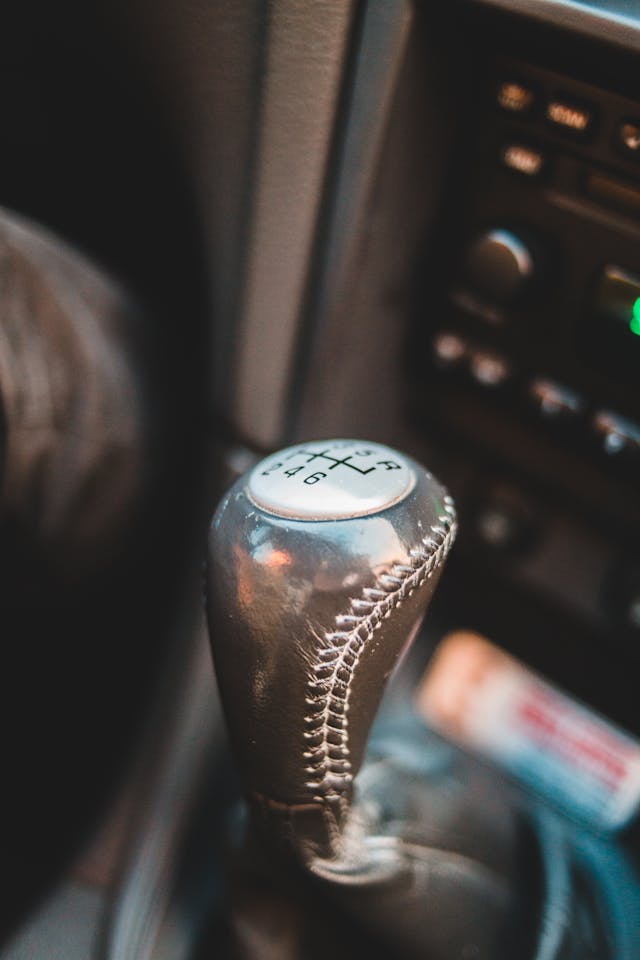
The Importance of Regular Transmission Maintenance
Maintaining the health and functionality of a vehicle involves more than just routine oil changes and tire rotations. One crucial aspect that often gets overlooked is transmission maintenance. The transmission is a vital component of your vehicle’s drivetrain, responsible for transferring power from the engine to the wheels. Regular transmission maintenance is essential for ensuring optimal performance, longevity, and safety of your vehicle. Here’s why it’s important and what you need to know about keeping your transmission in top condition.
Understanding the Transmission
The transmission in a vehicle has the critical task of changing gears, which allows the car to operate at different speeds and manage varying levels of torque. There are two main types of transmissions: automatic and manual. Both require regular maintenance to function correctly, although the specific needs may differ.
Automatic Transmissions
Automatic transmissions use a complex system of hydraulics and electronics to shift gears automatically based on the vehicle’s speed and load. They are designed to make driving easier, but their complexity means they require careful maintenance.
Manual Transmissions
Manual transmissions, on the other hand, require the driver to manually shift gears using a clutch and gear stick. While they are generally more straightforward in design compared to automatic transmissions, they still require regular care to prevent wear and tear on the clutch and gears.

The Importance of Regular Maintenance
Preventing Costly Repairs
Regular transmission maintenance can help prevent expensive repairs. Transmission problems, if left unchecked, can escalate quickly. A complete transmission failure can cost thousands of dollars to repair or replace. Routine maintenance can identify issues early, allowing for minor repairs that are significantly less expensive than a full transmission overhaul.
Enhancing Vehicle Performance
A well-maintained transmission ensures that your vehicle operates smoothly. Regular maintenance helps keep the transmission fluid clean and at the proper level, which is crucial for reducing friction and preventing overheating. Clean transmission fluid also helps ensure that gears shift smoothly, enhancing the overall driving experience.
Extending Vehicle Lifespan
Maintaining your transmission can extend the life of your vehicle. The transmission works closely with the engine to power your car, so keeping it in good condition reduces the strain on both components. This synergy between the engine and transmission can help your vehicle run more efficiently and last longer.
Improving Fuel Efficiency
A properly maintained transmission can improve your vehicle’s fuel efficiency. When the transmission is working correctly, the engine doesn’t have to work as hard, which can lead to better fuel economy. Regular maintenance can help ensure that your transmission operates efficiently, saving you money at the pump.
Ensuring Safety
Transmission problems can compromise the safety of your vehicle. Issues like slipping gears, delayed shifting, or transmission fluid leaks can lead to unpredictable vehicle behavior. Regular maintenance helps prevent these issues, ensuring that your car is safe to drive.
Key Transmission Maintenance Tips
Check Transmission Fluid Regularly
Transmission fluid is essential for lubricating the moving parts within the transmission and preventing overheating. Check the transmission fluid regularly for proper level and cleanliness. If the fluid is low, has a burnt smell, or appears dirty, it may be time for a change.
Follow the Manufacturer’s Maintenance Schedule
Every vehicle has a manufacturer-recommended maintenance schedule. This schedule includes specific intervals for transmission service, such as fluid changes and inspections. Adhering to this schedule can help prevent problems and extend the life of your transmission.
Address Issues Promptly
If you notice any signs of transmission trouble, such as strange noises, slipping gears, or delayed shifting, have your vehicle inspected by a professional as soon as possible. Early diagnosis and repair can prevent minor issues from becoming major problems.
Use the Right Transmission Fluid
Using the correct type of transmission fluid is crucial. Different transmissions require different fluids, and using the wrong one can cause significant damage. Always refer to your vehicle’s owner’s manual to ensure you’re using the appropriate fluid.
Professional Inspections and Service
While some maintenance tasks can be done at home, others require a professional touch. Regular professional inspections and servicing ensure that your transmission is thoroughly checked and maintained. Professionals can also perform tasks like flushing the transmission system, which may be necessary for optimal performance.
Conclusion
Regular transmission maintenance is a critical aspect of vehicle care that should not be overlooked. By staying on top of routine maintenance, you can prevent costly repairs, enhance vehicle performance, extend its lifespan, improve fuel efficiency, and ensure your safety on the road. Whether you have an automatic or manual transmission, taking the time to maintain it properly will pay off in the long run, keeping your vehicle running smoothly and reliably for years to come.